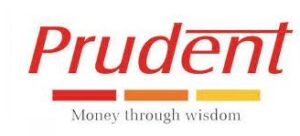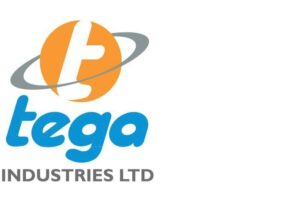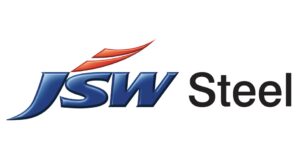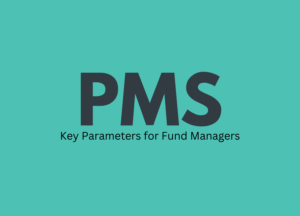
Prudent Corporate Advisory Services Ltd
CMP – 2,391
Market Cap – 9,966 Cr
About the Company
Prudent Corporate Advisory Services Limited provides retail wealth management services and it offers Mutual Fund products, Life and General Insurance solutions, Stock Broking services, SIP with Insurance, Gold Accumulation Plan, Asset Allocation, and Trading platforms
1. P/E – 52.9
2. Total Share Holder – 31,754
3. Net Profit 16 to 25:
> 2025 ₹ 188 cr.
> 2024 ₹ 139 cr.
> 2023 ₹ 117 cr.
> 2022 ₹ 80 cr.
> 2021 ₹ 45 cr.
> 2020 ₹ 28 cr.
> 2019 ₹ 21 cr.
4. Holding Pattern 📊
> Promoters: 55.71 %
> FIIs: 17.63 %
> DIIs: 20.71 %
> Public 5.95 %
Disclaimer: The above data should not be considered as a Buy or Sell recommendation. The analysis has been done for educational.
#AasthaFintech #infoedge #StockMarketIndia #WealthCreation #InvestmentTips #StockMarketUpdates #Trading #Investing #Finance #IndianStockMarket #MarketAnalysis #StockMarketNews #FinancialFreedom #InvestmentEducation #SmartInvesting #StockMarketInvesting #StockUpdates #WealthManagement #DigitalPayments #StockResearch #FII #DII #RetailInvestors #MutualFunds #Surat #GujaratFinance #AasthaInvestments #prudentcorporate











